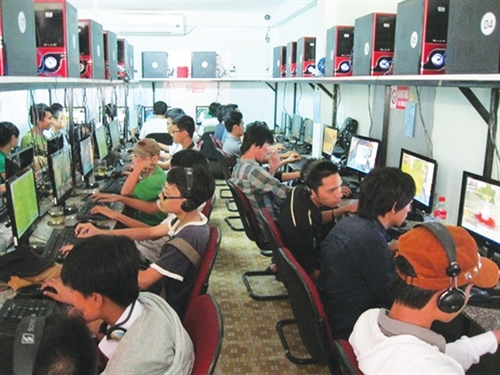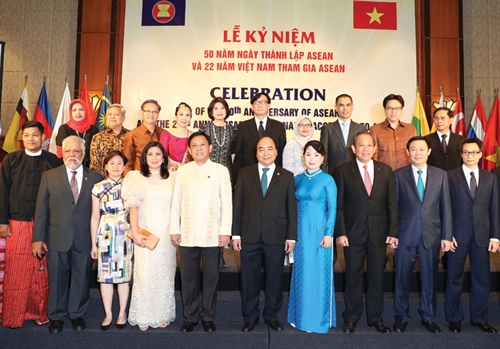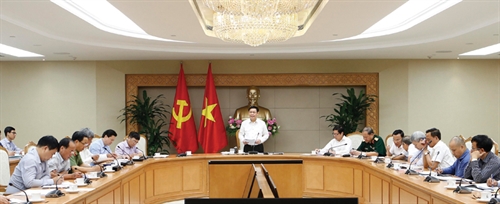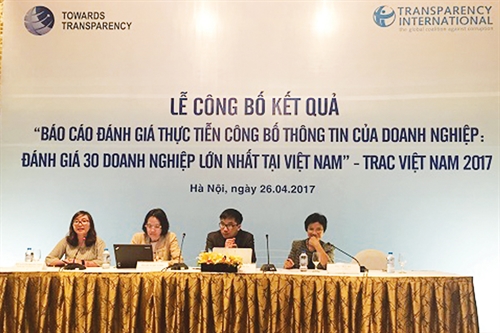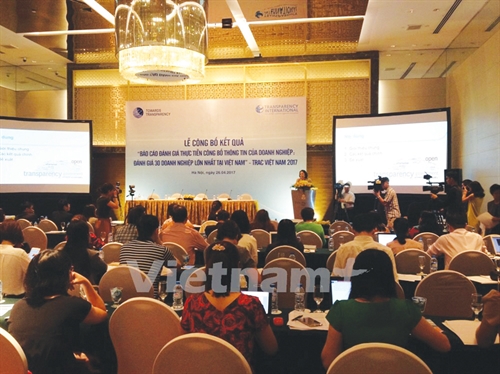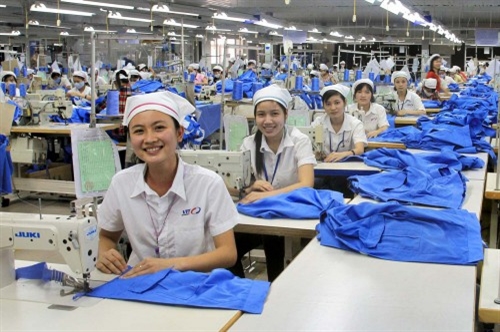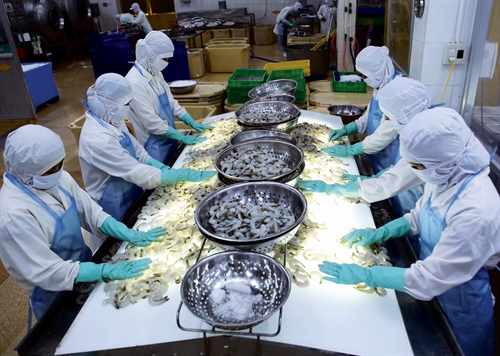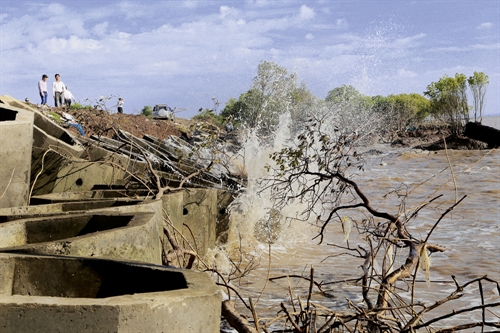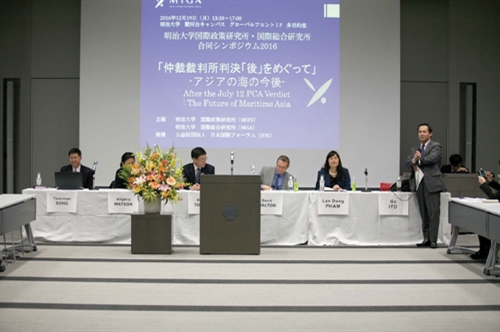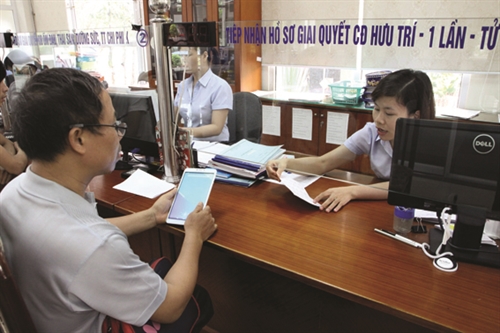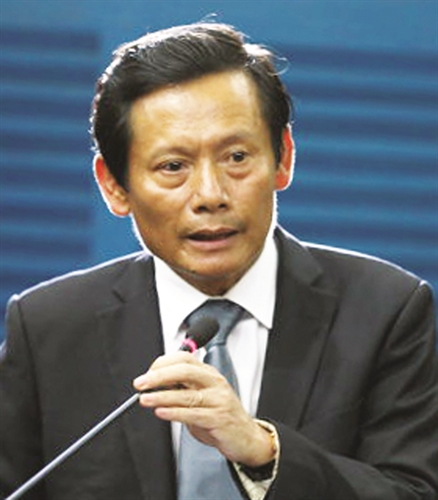 |
On the occasion of the 72nd anniversary of the Traditional Day of Vietnamese lawyers (October 10, 1945-2017), lawyer Phan Trung Hoai, Vice President of the Vietnam Bar Association, shared his opinion on this issue with Phap Luat Thanh Pho Ho Chi Minh (Ho Chi Minh City Law newspaper).
The third session of the 14th National Assembly in May saw a heated discussion among legislators about a revision of the 2015 Penal Code concerning defense counsels’ responsibility to denounce crimes committed by their clients. What do you assess this event?
This can be regarded a spotlight among events related to the lawyers’ circle in the year. The divergent arguments about this issue still echo after the Law Amending a Number of Articles of the 2015 Penal Code was passed.
According to the amendments to Clause 3, Article 19 of the 2015 Penal Code, a defense counsel will not be held criminally responsible for failure to denounce a crime which is being prepared, being carried out or has been completed by the person he defends and which he knows well about while providing the defense, unless such crime is related to national security or a particularly serious one.
So far, many lawyers, myself included, have repeatedly expressed through research reports and writings our viewpoint on the exemption from criminal and civil liability for legal risks lawyers may face in the process of providing legal services. In fact, the Vietnam Bar Association and I, in my personal capacity, have never proposed the making of such a provision. As some of my colleagues already pointed out, the first eight draft versions of the 2015 Penal Code all exempted liability for lawyers, without forcing them to denounce the acts of violation which “were, are being, or will be committed” by their clients.
Will the new provision have any effect on the professional practice of lawyers?
Through the opinions voiced at the Parliament by three National Assembly deputies who are lawyers as well as other forums, lawyers and the general public have clearly understood the Vietnam Bar Association’s viewpoint and attitude on this issue.
In a nutshell, it can be said that it’s a legal as well as moral obligation of lawyers to keep confidential client information. However, according the laws on lawyers of Vietnam and many other countries, that obligation is not absolute because lawyers also have to perform their citizens’ duties.
Lawyers practice their profession in accordance with law, hence, once the new regulation comes into force, I think every lawyer must strictly comply with it. The question now is how to get a deep understanding of the legal responsibility of lawyers and, at the same time, to properly apply such regulation in reality so as to strike a balance between lawyers’ responsibility to denounce crime and their moral duties.
This event has, however, reflected the role of lawyers and the importance of their contributions in the lawmaking process. How has this role been improved so far?
Over the past 30 years since the Ordinance on Lawyers’ Organization was enacted in 1987, thanks to the attention of the Party and State, the contingent of Vietnamese lawyers has been strongly developed. From a small number of just over 100 lawyers in Hanoi and Ho Chi Minh City, the country has now 11,607 licensed law practioners and more than 4,000 trainee lawyers.
The role of lawyers in social life and judicial activities has been affirmed. Whenever an event occurs, the people, involved parties, the media agencies and social networking sites have turned to lawyers for opinion and help.
How has this role expressed in reality?
Over the past years, many grand cases involving crimes in the banking sector and related to economic management order have been brought into trial. Many court hearings were conducted in a democratic manner, reflecting the strong spirit of judicial reform. Many court rulings were made based on the outcomes of the adversarial process at the hearings.
The courts have also opened their doors more widely and the press have actively reported lawyers’ opinions and arguments to the public, contributing to clarifying the truths and nature of the cases.
The lawyers’ correct arguments have served as a basis for the trial panels to give recommendations and orders for further investigation, especially those related to the overcoming of the causes and circumstanes of crime commission and to the management responsibility of competent agencies.
In the recent years, the Vietnam Bar Association and lawyers have been frequently consulted about legislative activities. What do you think about this?
I am glad to say that competent authorities in charge of legislative work have expressed their attention and asked the Vietnam Bar Association to bring into full play its role and responsibility and take a greater part in the lawmaking process.
The Vietnam Bar Association has actually played an important role in and made effective contributions to the drafting of the 2013 Constitution, the 2012 Law on Lawyers, the 2015 Law on Organization of Investigation Bodies, the 2015 Law on Holding in Custody and Detention, the 2015 Penal Code. Especially, it designed a chapter of the 2015 Criminal Procedure Code on defense and protection of interests of involved parties.
I think that the lawyers’ involvement in the lawmaking process not only contributes to improving the laws but also constitutes their own demand. Lawyers, above all others, are those who benefit most from an increasingly improved legal system.-
| Under Article 19.3 of the 2015 Penal Code, a defense counsel will not be held criminally responsible for failure to denounce a crime when the following three conditions are fully met: (i) the crime which the defense counsel fails to denounce has been committed or jointly committed by the very person he defenses; (ii) the defense counsel acquires such information (on the commission of the crime by his client) while providing the defense; and (iii) the crime which the defense counsel fails to denounce is neither any of the crimes against national security nor another particularly serious crime. Law 12/2017/QH14 Amending a Number of Articles of the 2015 Penal Code narrows down the scope of defense counsels’ penal liability in case of failing to denounce crimes. Accordingly, in principle, a defense counsel will be exonerated from penal liability if failing to denounce a crime which is committed by his client and which he knows about while providing the defense. The only exception is the case of failure to denounce a crime against national security prescribed in Chapter XIII of the Penal Code or another particularly serious crime which is being prepared, being carried out or has been committed by the client, provided that the defense counsel well knows about such crime while providing the defense.- |
